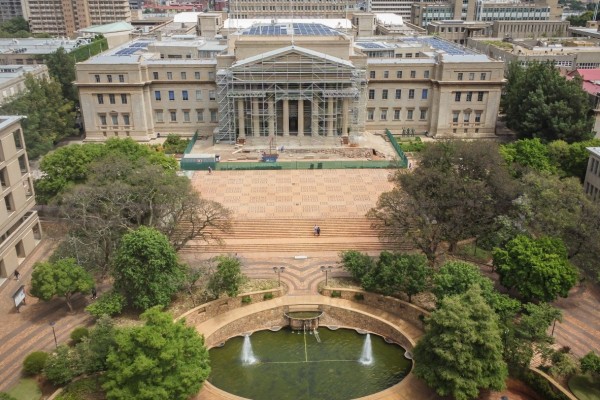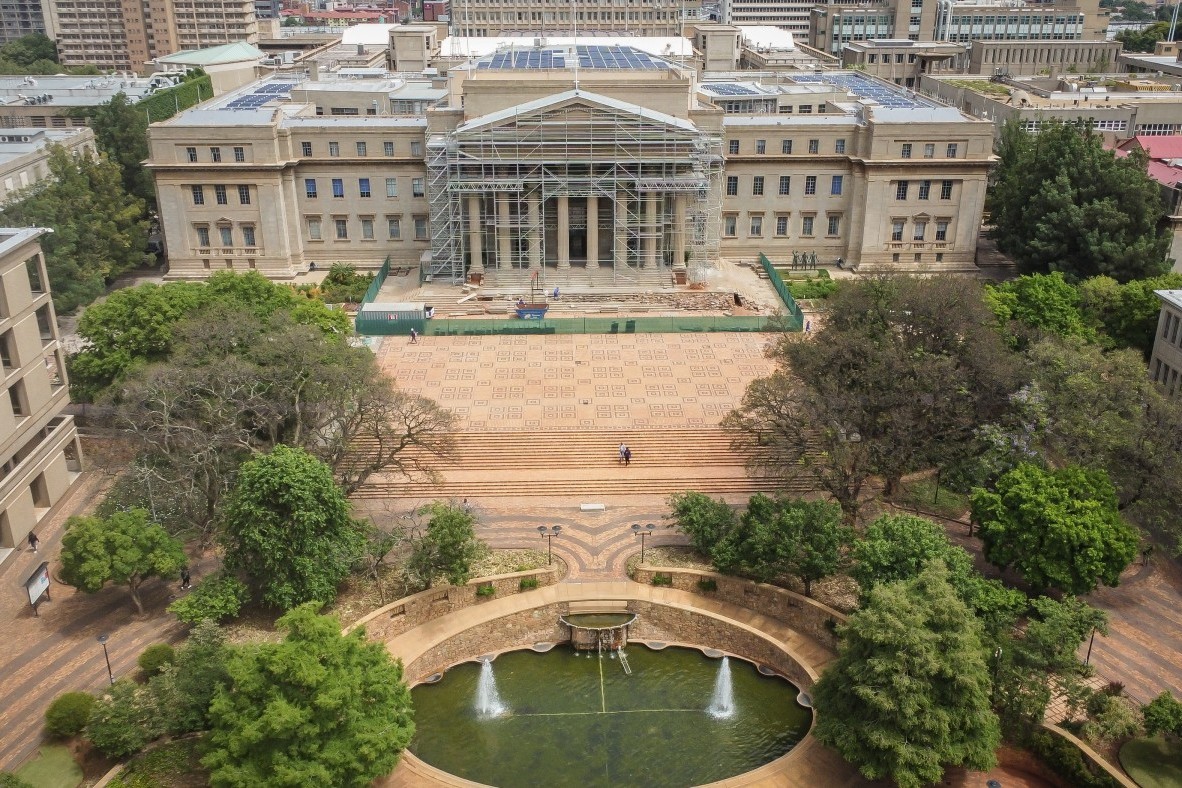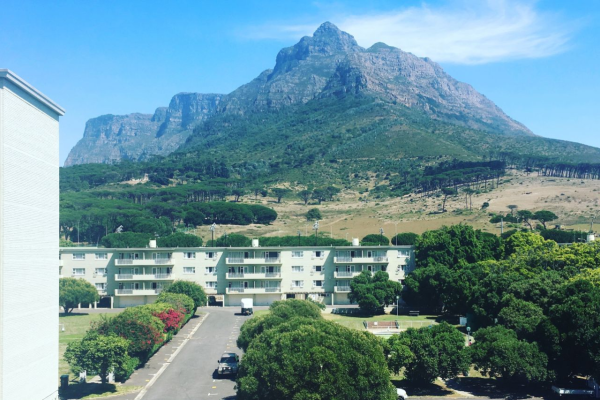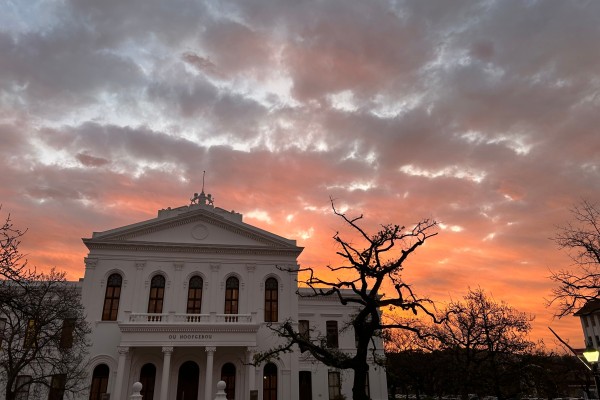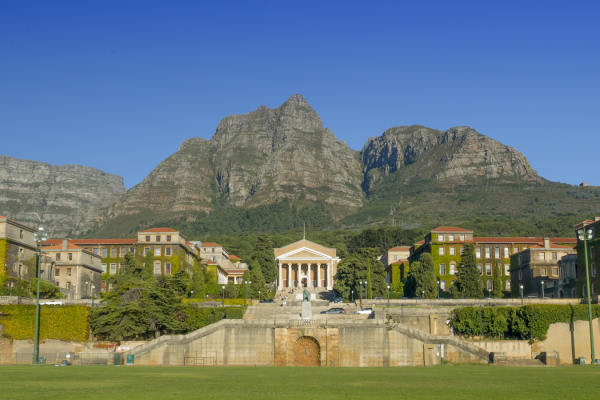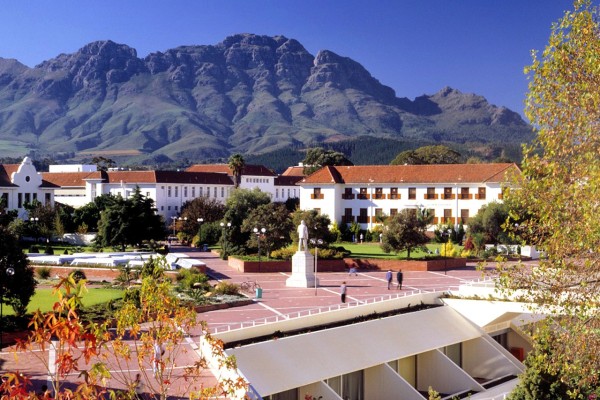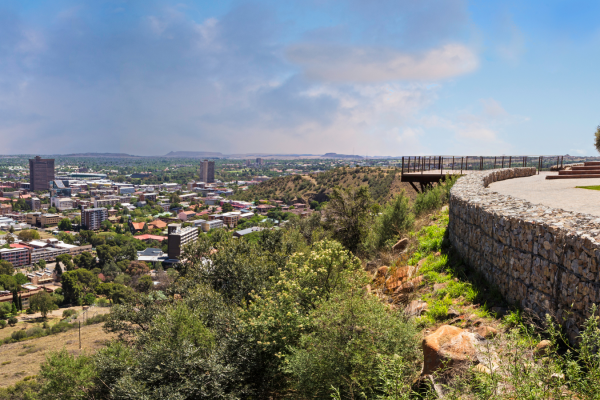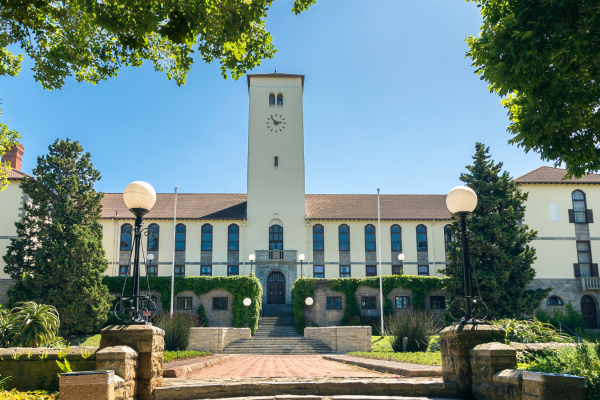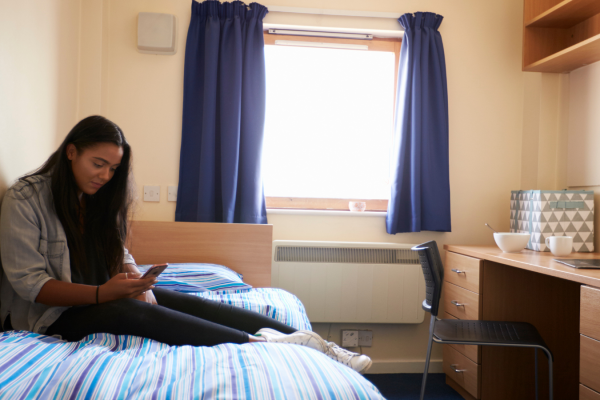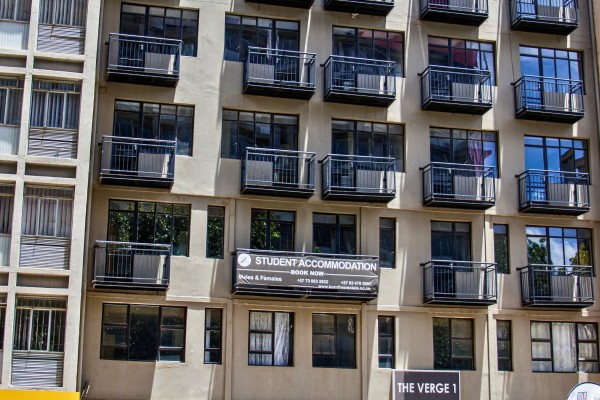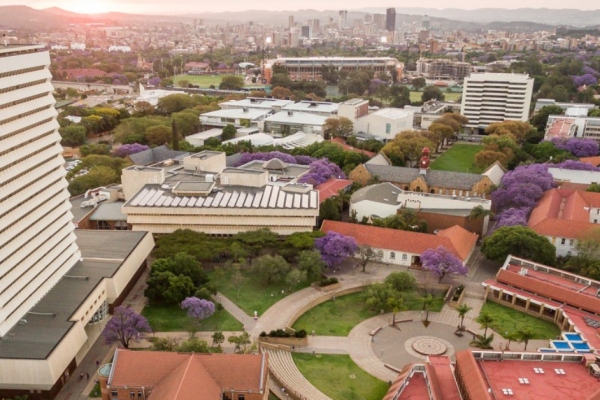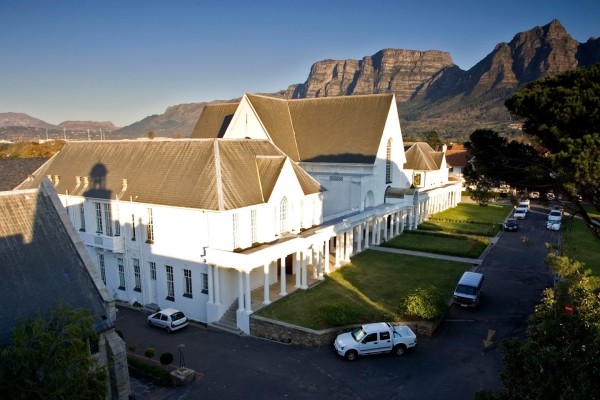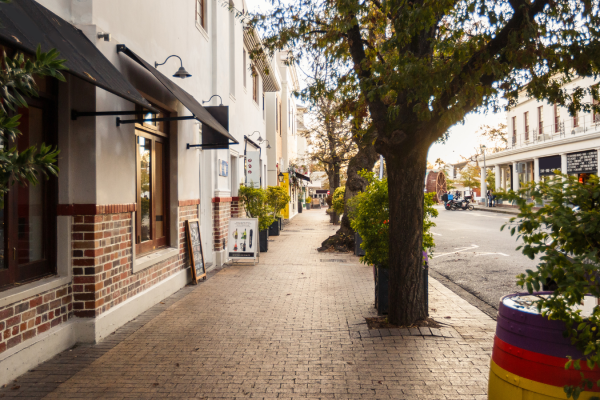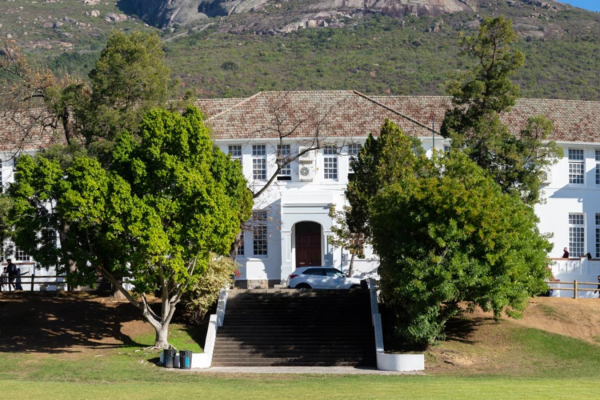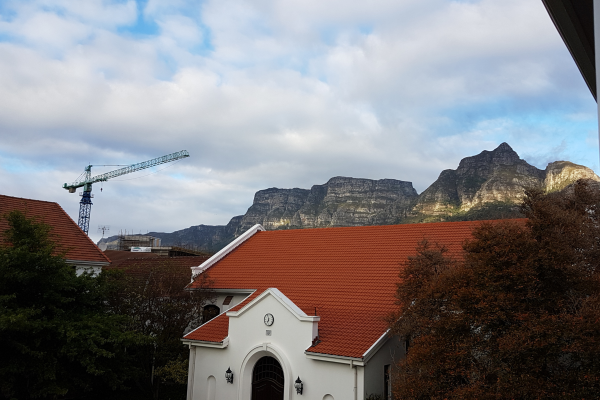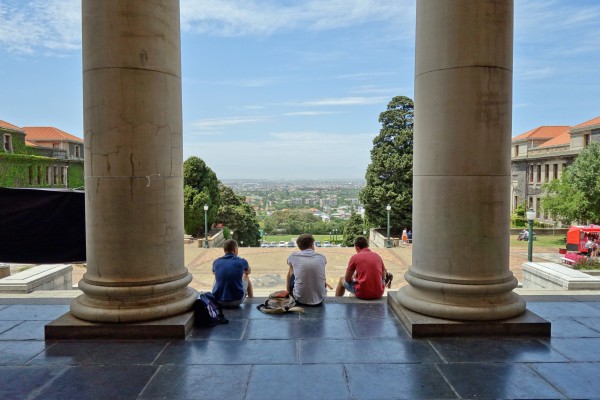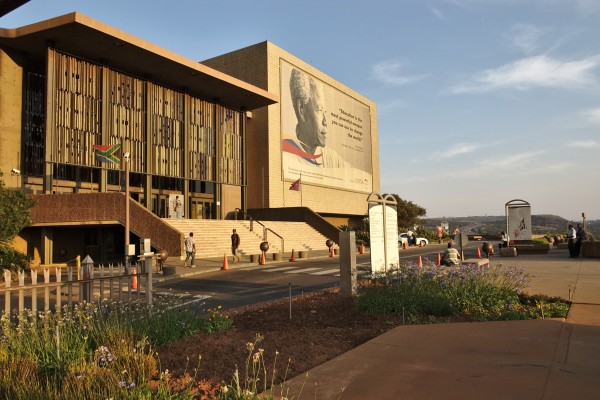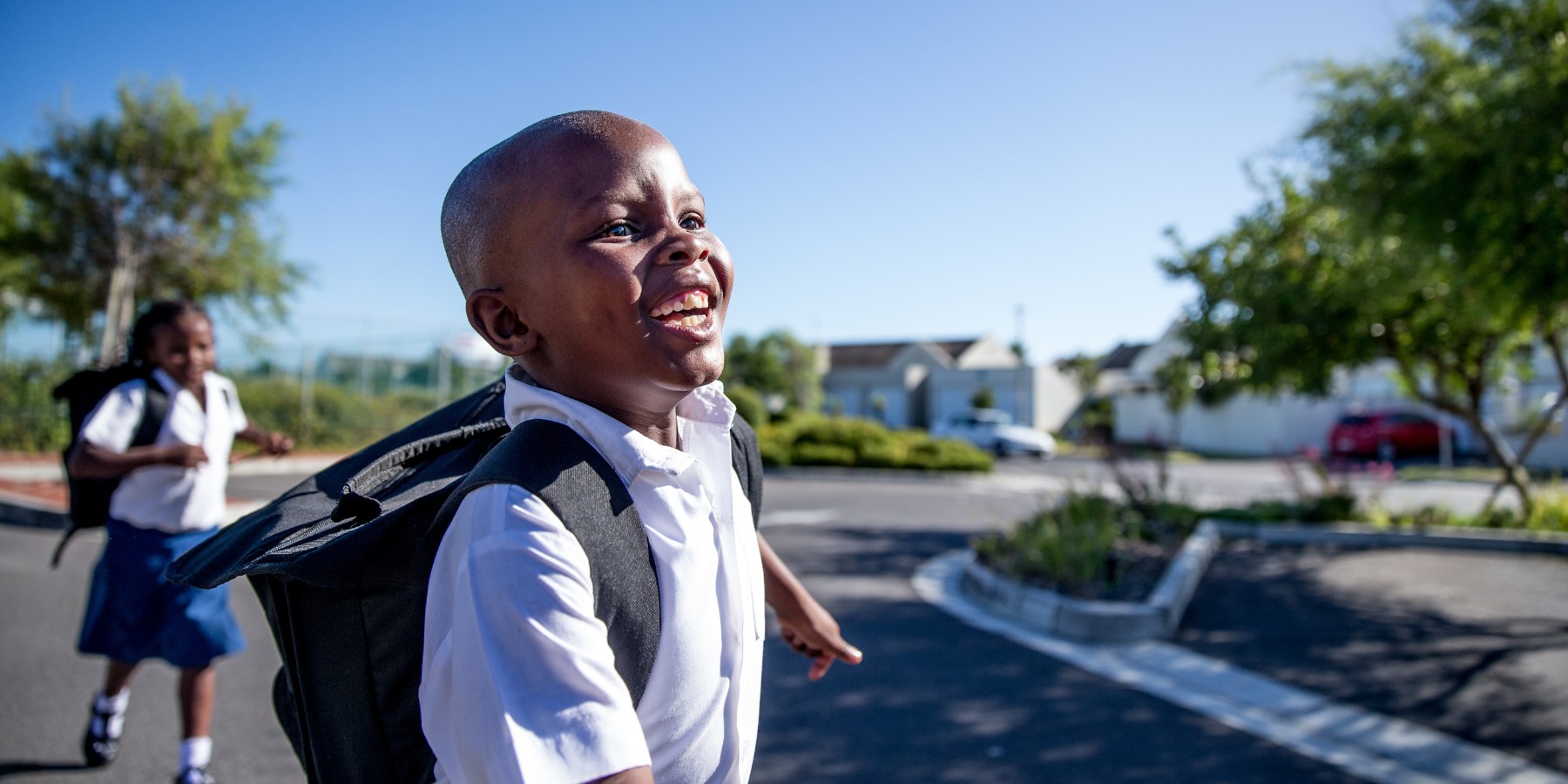
That being said, with so many options available and big decisions to make, the schooling system can be quite complicated to navigate. That’s why we’ve created the ultimate guide to the South African education system to help you towards success!
Navigate this article:
Primary & Secondary Education in South Africa
Single-gender vs. Co-ed Schools
Tertiary Education in South Africa
Study Abroad and Post-Graduate Opportunities
Let’s start with some of the basics of the South African education system
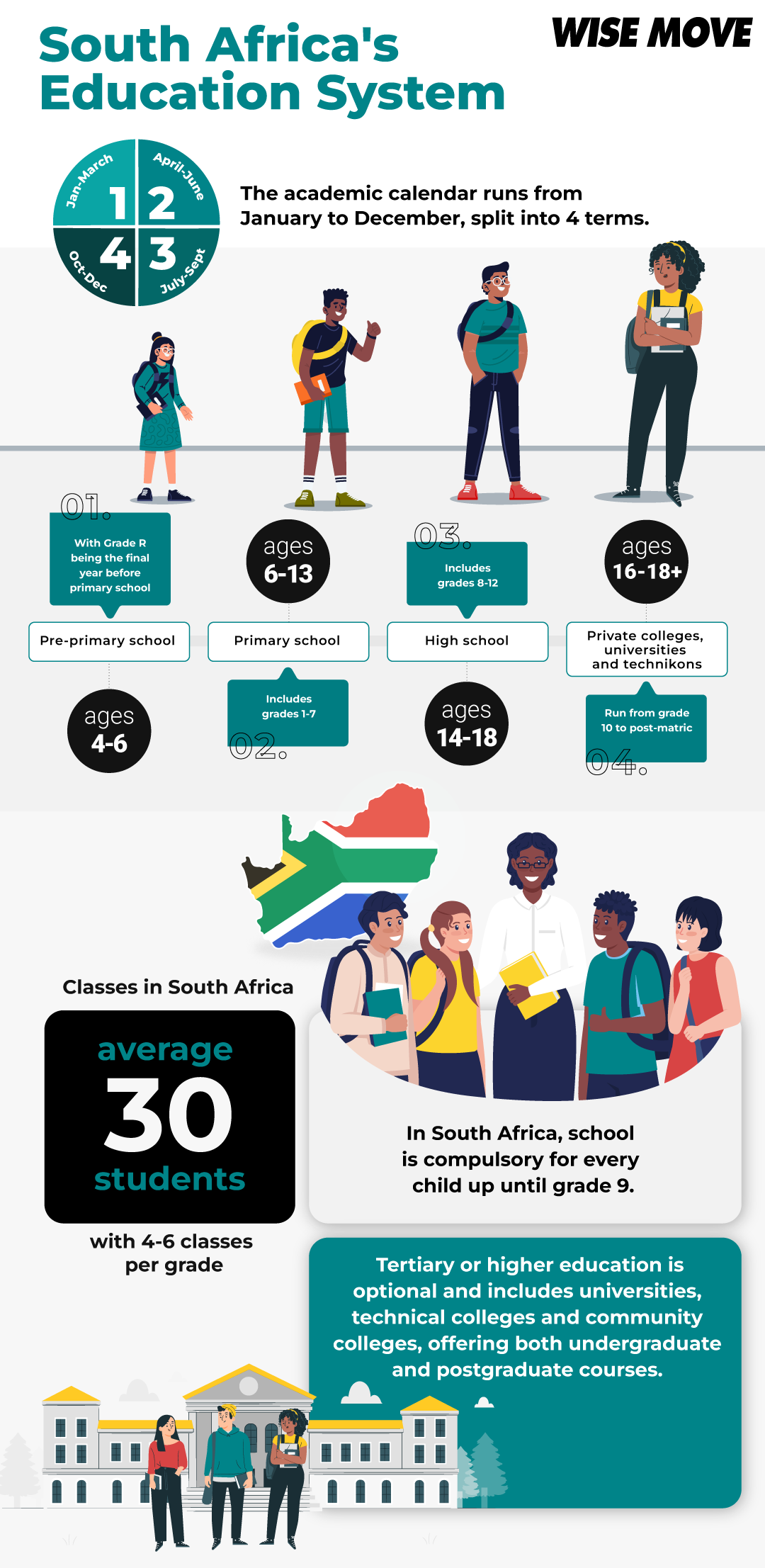
-
The academic calendar runs from January to December, split into 4 terms.
-
Pre-primary school runs from ages 4-6, with Grade R being the final year before primary school.
-
Primary school includes grades 1-7 for ages 6-13.
-
High school includes grades 8-12 for ages 14-18.
-
Private colleges and technical colleges run from grades 10-12, offering a more specialised curriculum.
-
Classes in South Africa have on average 30 students, with 4-6 classes per grade.
-
In South Africa, school is compulsory for every child up until grade 9.
-
Tertiary or higher education is optional and includes universities, technical colleges and community colleges, offering both undergraduate and postgraduate courses.
Primary & Secondary Education in South Africa Explained
With almost 25,000 primary and high schools countrywide, South Africa has established a strong educational foundation for its youth to launch into their futures.
You can read more about the top schools in South Africa here.
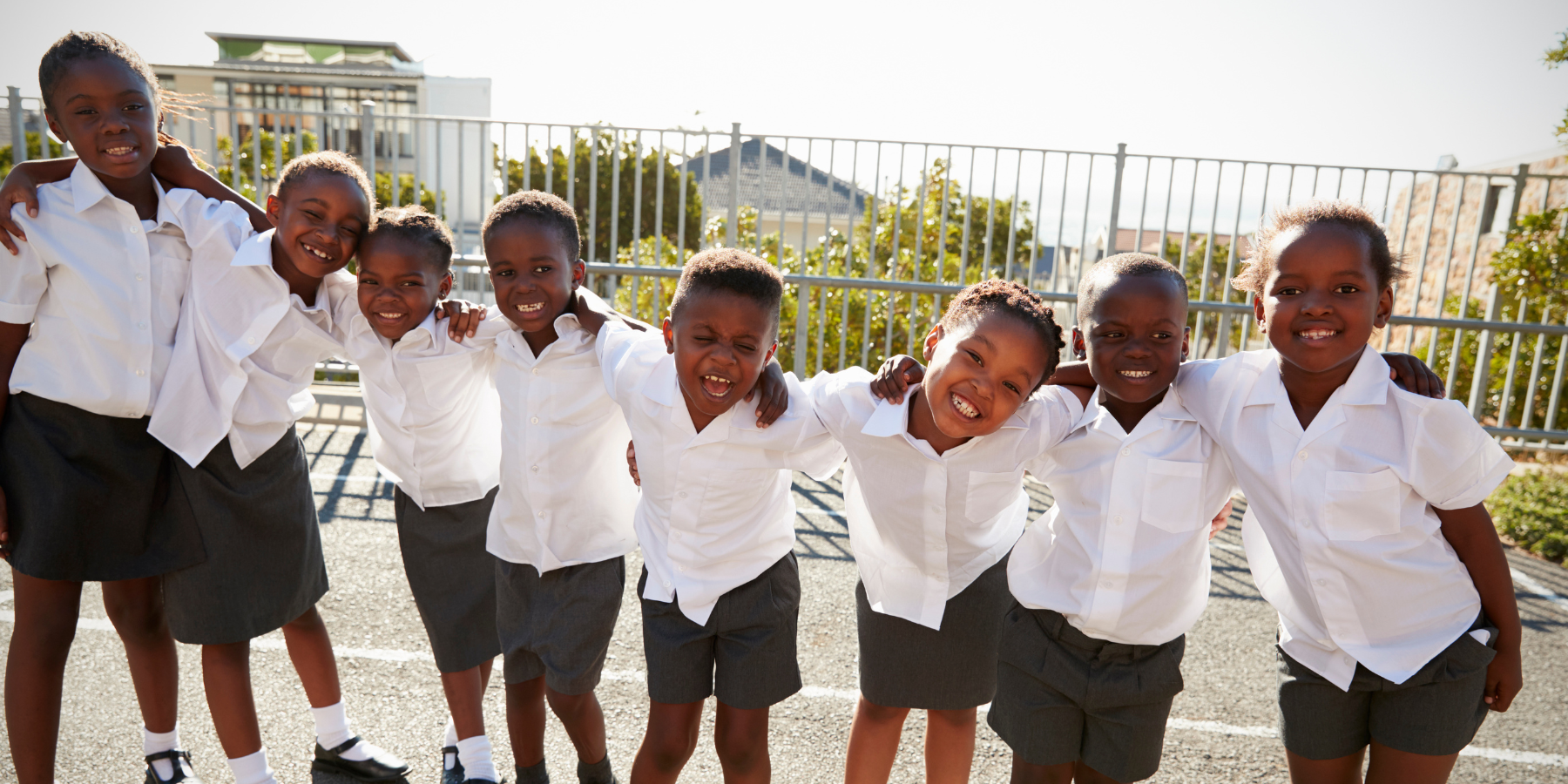
There’s a great amount of variety among primary and high schools, allowing students to find the best option for them to flourish. To help you understand all the options, here’s a comprehensive guide to primary and secondary education in South Africa.
Types of Schools
South Africa offers a range of primary schools and high schools, each with its own pros and cons. It can be difficult to know which type of school is best for your child, so it’s best to understand all the factors of each type of school:
-
Public schools
Public schools are partially subsidised by the government, therefore they are generally much cheaper than private schools, though fees can vary depending on the standard of the school.
There are only a few no-fee public schools in South Africa, but they’re only in the poorest areas of South Africa. Families that cannot afford the school fees can apply for additional government funding.
Because of its accessibility, public schools tend to be more diverse with students from all backgrounds. Most public schools have uniforms and strict dress codes.
Some of the top primary and high schools in South Africa are public, such as Westville Girls, Bloemhof, SACS, Westerford, Maritzburg College and Rondebosch Boys.
-
Private schools
Private schools are quite a lot more expensive than public schools but often provide a higher standard of education.
With more funding from school fees, private schools usually have state-of-the-art facilities and resources. Classes can be smaller to offer more support to each student, and teachers are often very qualified within their field. This higher standard can lead to a more academically competitive environment.
Private schools can require either uniforms or civvies, with the former associated with more traditional and sometimes religious institutions and the latter associated with more progressive institutions.
You also get private school chains that have institutions around the country, such as Reddam, Curro, Waldorf and Montessori. You can also find private schools that specialise in a specific industry or philosophy, such as technical high schools, Waldorf and Montessori schools.
-
International schools
International schools are a branch of private schools in South Africa and, therefore, tend to have very high school fees.
International schools are often affiliated with a specific country, teaching both the curriculum and language of the associated country. This is a great option for foreign families where it’s easier for the children to stick to the curriculum and language they are used to or for South African families to choose a global curriculum they prefer.
With globally recognised curricula, international schools do open up future educational opportunities in other parts of the world. International schools also offer the opportunity for foreign families to meet other families from the same regions. However, international schools can sometimes be quite isolated from other local South African schools.
-
Homeschool
Especially after COVID, homeschooling is becoming a more popular option for students looking for a more unique and personalised education experience. It’s important to note that homeschooled students must still notify the government of their homeschool status so that the government can ensure that all students receive their required education.
Due to its complete flexibility, homeschooling comes in many different shapes and forms. The options are:
-
Traditional homeschooling: The students are taught at home by their parents.
-
Distance learning programs: students are enrolled in an institution online, working and testing remotely with teachers.
-
For example, the University of Cape Town now offers an online high school for South African students.
-
Cottage schools: Small groups of homeschooled students that meet in person a few times a week with a teacher or tutor for some community and extra support.
While homeschooling is often a much cheaper option than traditional schooling, it often requires more attention and support to ensure the student is maintaining a high enough standard of education as well as supplementing other areas of traditional school such as extra-murals, field trips and socialising.
Curricula in South Africa
Not all South African schools follow the same curriculum. Each one has its own standards, requirements and results. To help you make the best decision for your child, here’s a quick breakdown of the main curricula found in South Africa:
-
CAPS: The Curriculum Assessment Policy Statement, or CAPS, is the main curriculum in South Africa, as it is the curriculum of all public schools running from grades R-12.
-
IEB: The Independent Examination Board, or IEB, is another popular curriculum, as it is used by most private schools in South Africa and boasts a higher standard of education than CAPS.
-
Cambridge: This is the world-renowned British curriculum found in many private schools and homeschool systems, running from Gr 1-13 and requiring students to take 3 sets of international examinations, namely IGCSE (Gr 10-11), AS Levels (Gr 12) and A Levels (R13).
-
GED: The General Education Development, or GED, is an American education curriculum which is equivalent to a high school diploma and is another option for homeschooled students.
-
IB: the International Baccalaureate, or IB, is another internationally-recognized curriculum found in a few private schools as well as some homeschool systems in South Africa, known for its very high and competitive standards.
It’s important to note that for the international curricula, namely Cambridge, GED and IB, in order to apply to South African Universities, you have to get a matriculation exemption certificate.
The South African Education Department has guidelines on the requirements of each curriculum in order to receive a matriculation exemption. This includes the number of subjects you take, the kind of subjects you take and for how long you take them.
Single-gender vs. Co-ed Schools
The top schools in South Africa include both single-gender and co-ed schools, offering the highest standard of education.
With that being said, single-gender and co-ed schools each present very unique academic experiences and environments. What’s right for one student may not be the right for another— ultimately, it depends on which environment is best for your child.
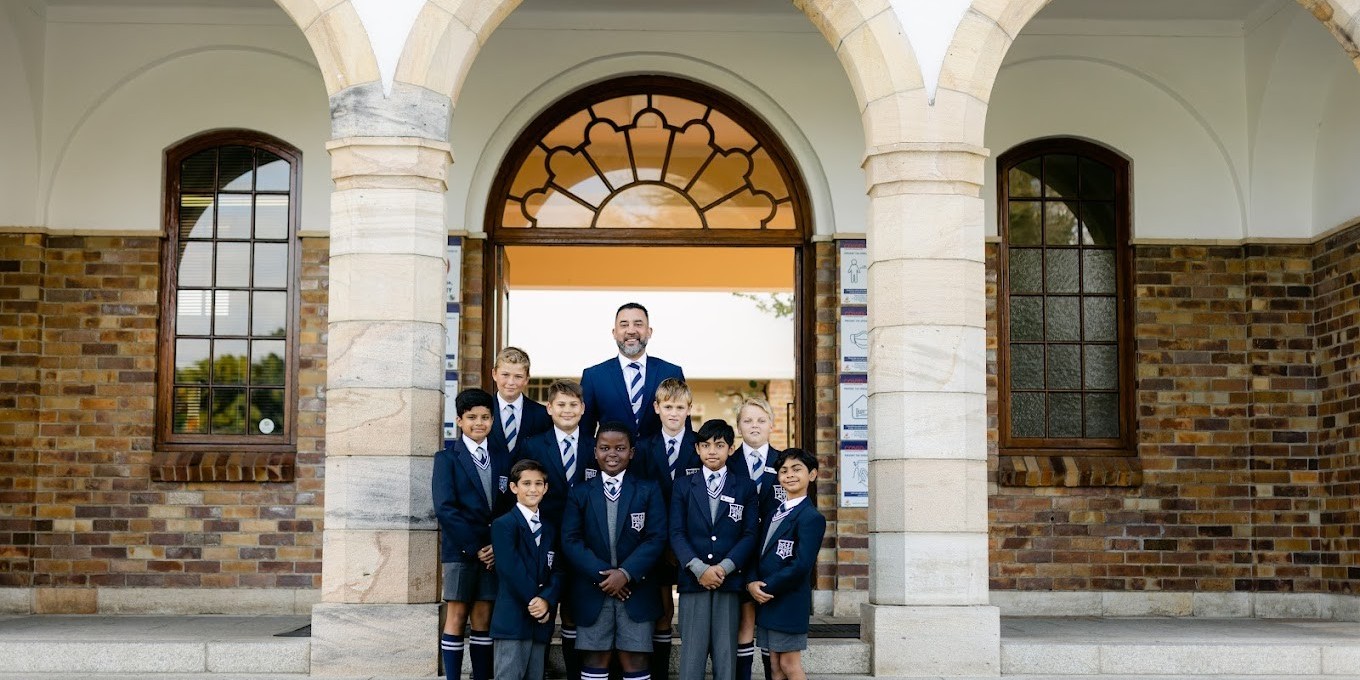
To help you understand the differences between single-gender and co-ed schools, here’s a quick breakdown of the pros and cons of each:
| Single-gender schools pros | Single-gender schools cons |
| You can focus on academics with less distractions. | Difficulty in socialising with other genders. |
| Less pressure to fit within stereotypes and take certain subjects, e.g., girls can focus on STEM and boys can focus on the arts. | Boys and girls schools can sometimes promote toxic gender norms. |
| Equal support for boys and girls sports. | Can make the transition to a co-ed space after school more tricky. |
| Co-ed schools pros | Co-ed schools cons |
| More inclusive to all genders. | Students may get distracted by the other gender. |
| Can prepare better for the real world. | Boys and girls may differ in the way they learn. |
| You can learn how to form healthy relations with the opposite gender. | There may be subtle gender discrimination that occurs. |
Language and Subjects
Language in education is a debated topic in South Africa. English is the language of instruction in most schools in South Africa, however, 11% of schools have Afrikaans as their main language of instruction.
This gives Afrikaans students the opportunity to study in their language. There have also been recent developments in the Eastern Cape where 2,015 schools are using isiXhosa and Sesotho has the language of instruction beyond an elementary level.
No matter in which language you learn, the South African Education Department has a set of language requirements that every student must follow:
-
All students must learn a home language until Gr 12.
-
All students must learn a first additional language until Gr 12.
-
Students can optionally learn a second additional language.
Language options include any of the 11 official languages of South Africa, however, English tends to be taught as the home language and Afrikaans as the first additional language.
Other subjects available in most schools in South Africa include:
-
Mathematics
-
Life Orientation
-
Natural Science
-
History
-
Geography
-
Economic Management Sciences
-
Technology
-
IT
-
Art, Music and Drama
-
Foreign Languages such as French, German and Chinese
Admissions, Fees and Funding
To apply to a school in South Africa, all you have to do is go through the application portal on the school’s website and collect all the necessary documents. These documents may include:
-
Passport
-
Birth Certificate
-
Immunisation Card
-
Previous transcripts if possible
Most schools in South Africa prioritise certain students during the admissions process. This includes:
-
If the student lives within a certain radius of the school.
-
If the student already has siblings attending the school.
-
If the student’s parents previously attended the school.
School fees vary greatly in South Africa, especially between public and private institutions.
Here’s a look at the average school fees for public and private primary and high schools:
| Cost of Schooling in South Africa | |
| Public Primary School | R24 500 |
| Public High School | R36 100 |
| Private Primary School | R71 500 |
| Private High School | R105 100 |
Most schools in South Africa award merit scholarships, which can be either full-scholarships or half-scholarships. Schools give these scholarships to students with top academic achievement, music or sports.
Additionally, you have external scholarships if you require financial aid. These are organisations that support the education of those in need, irrespective of the school you go to. Some top scholarships include:
-
Students for a Better Future (SBF) Scholarships
-
African Scholars Fund
-
Allan Gray Scholarship
-
SANRAL School Scholarship
-
Investec School Bursary
-
SAILI Scholarship
Tertiary Education in South Africa Explained
South Africa is home to some of the best universities in Africa, holding 8 of the top 10 spots. The University of Cape Town takes the top position and ranks at 125 in the world.
You can read more here about the other top universities in South Africa.
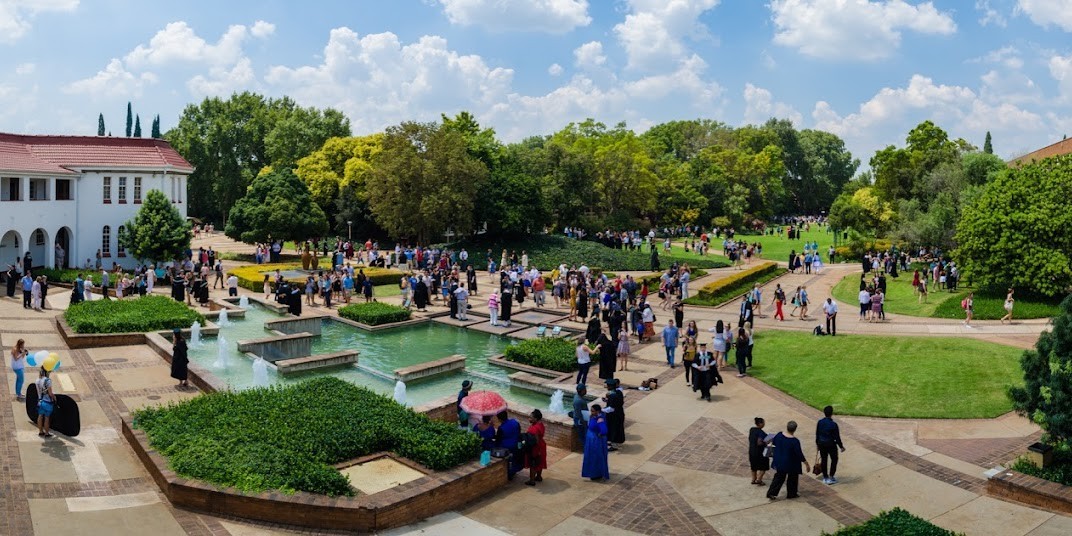
From competitive undergraduate degrees to world-class research programs, South Africa’s universities offer top-quality tertiary education that opens up post-graduate and professional opportunities all over the world.
But unfortunately, South Africa’s tertiary education system isn’t always the easiest to understand. So here’s everything you need to know about South Africa’s tertiary education system to help you make the best decision for your future!
Admissions
University admissions in South Africa, while competitive, are pretty straightforward. You can apply to any university in South Africa through each university’s online application portal.
Application Deadlines
University application deadlines vary depending on the university. Here’s a quick view of the application opening and closing dates for the main South African universities in 2024:
| University | Application Dates |
| University of Cape Town | 3 April - 31 July |
| University of Witwatersrand | 3 March - 30 September |
| University of the Western Cape | 13 May - 30 September |
| Rhodes University | 31 May - 30 September |
| Nelson Mandela University | 3 April - 29 September |
| University of Johannesburg | 1 April - 31 October |
| University of the Free State | 5 April - 30 September |
| University of Pretoria | 1 April - 30 June |
| Stellenbosch University | 3 April - 31 July |
| UNISA | 1 September - 13 October |
Application Requirements
Before you apply, you must make sure you meet the admission requirements. Each university and degree will have its own requirements, but there are general undergraduate admission requirements to guide you.
-
Undergraduate Admissions Requirements:
-
National Senior Certificate (NSC) or International Examination Board (IEB) with a Bachelor’s Pass: The end-of-year matric finals.
-
National Benchmark Test (NBT): A standardised test in Gr 12.
-
A matriculation exemption certificate for international students.
-
If you’re applying while you’re still in high school, you must submit your Grade 11 results for a conditional acceptance.
-
Honours Admissions Requirements:
-
Bachelor’s Degree in the field of study
-
Master’s Admissions Requirements:
-
Honours Degree or 4-year Bachelor’s Degree
-
Ph.D. Admissions Requirements:
-
Bachelor’s Degree
-
Master’s Degree
Undergraduate vs Postgraduate
What’s the difference between undergraduate studies and postgraduate studies?
Undergraduate studies refers to a bachelor’s degree of either 3 or 4 years.
Once you’ve finished your undergraduate studies, you can apply for postgraduate studies where you focus on research and typically write theses. Postgraduate studies in South Africa include honours, master's and doctorate degrees.
Here’s the progression through postgraduate studies:
-
Honours degree, which takes 1 year (an honours degree is only necessary if you did a 3-year bachelor’s degree and isn’t necessary after a 4-year bachelor’s degree).
-
Master’s degree, which takes 1-2 years.
-
Doctorate (PhD), which takes between 2-3 years.
Faculties and degrees
In South Africa, you have a plethora of degrees and programs to choose from, allowing you to set the best trajectory for your future. While it depends on each university, there are a few staple degree offerings that you’ll find at most institutions. The main faculties and their relevant degrees are:
-
Arts and Social Sciences (BA)
-
Humanities
-
Drama and Theatre Studies
-
Visual Arts
-
Film and Media Studies
-
Music
-
International Studies
-
Economic and Management Sciences (BCom)
-
Management Sciences
-
Economic Sciences
-
International Business
-
Actuarial Science
-
Engineering (BEng)
-
Civil
-
Chemical
-
Electrical and Electronic
-
Industrial
-
Mechanic
-
Mechatronic or Electrical Mechanics
-
Science (BSc)
-
Biology
-
Chemistry
-
Mathematics
-
Physics
-
Applied Mathematics
-
Computer Science
-
Law (LLB)
-
BA Law
-
BCom Law
-
Education (BEd)
-
Foundation Phase Education
-
Intermediate Phase Education
-
Medicine and Health Sciences
-
Bachelor of Medicine, Bachelor of Surgery (MBChB)
-
Bachelor of Occupational Therapy
-
Bachelor of Nursing and Midwifery
-
Architecture (BArch)
-
Journalism (B.J.)
-
Accounting (BAcc)
Fees and Funding
Compared to the rest of the world, the cost of university in South Africa is relatively affordable. However, this does depend on the university you go to and your chosen degree.
Tuition
To give you an idea of how much your chosen degree may cost at different institutions in South Africa, here’s a comparison of the tuition of different undergraduate degrees at some of the top universities in the country:
| University | BA | BCom | BSc | LLB | BEng |
| University of Cape Town | R68 300 | R72 680 - R93 850 | R74 500 | R69 410 | R66260 - R80 380 |
| University of Witwatersrand | R48 430 - R65 100 | R54 800 - R74 370 | R45 430 - R70 430 | R41 820 - R73 000 | R60 060 |
| Stellenbosch University | R50 692 | R53 728 | R63 470 | R52 513 | R72 393 |
| University of Johannesburg | R41 177 - R50 874 | R51 851 | R43 121 - R71 947 | R41 661 - 47 837 | R48 689 - 60 191 |
| University of the Free State | R45 060 | R49 040 | R37 195 - R60 170 | R35 045 | N/A |
It’s important to note that fees increase every year, so make sure to check the updated values.
Other Costs
Unfortunately, tuition is not the only cost of attending university. Especially if you have to move out of home and close to campus, the extra costs can start to add up very quickly.
Here are some extra costs to consider:
-
Accommodation
-
Meal plan or groceries
-
Textbooks
-
Stationary
-
Transportation and parking
-
Application fee
Funding
Despite the relatively low cost of university in South Africa compared to the rest of the world, it’s unfortunately still out of reach financially for most South African students.
While there have been rallies to try to fight for free tertiary education in South Africa with the ‘fees must fall’ movements, the South African Education Department has tried to alleviate financial stress on students by providing a range of financial aid and bursaries.
Some funding opportunities for university students include:
1) National Student Financial Aid Scheme (NSFAS)
What are the eligibility criteria for NSFAS?
-
All SASSA grant recipients qualify for funding
-
Applicants whose combined household income is not more than R350 000 per annum
-
Person with disability: Combined household income must not be more than R600 000 per annum
What expenses does NSFAS cover?
-
Accommodation: R45 000
-
Living allowance: R15 000
-
Book allowance R5 460
-
Transportation: R7 500
How do you apply for NSFAS?
-
Go to www.nsfas.org.za and click on the 'myNSFAS' tab.
-
Create a myNSFAS account.
-
Click on the 'APPLY' tab and complete the sections on the screen.
-
Upload required supporting documents where applicable.
-
Click on 'Submit'.
2) Bursaries
South African university students have access to both internal and external bursaries, often depending on your faculty.
Bursaries are usually given out based on merit, either related to academics, sports, leadership or other skills.
To find available bursaries, you can check out websites such as Bursaries South Africa and All Bursaries.
3) Fellowship Programs
Fellowship programs offer funding for postgraduate studies. Like bursaries, you get fellowships that are associated with certain universities and others that are external and related to a fund or organisation.
Student Accommodation
A major part of going to university is moving out of the house and finding student accommodation. But it can also be a big adjustment. So, to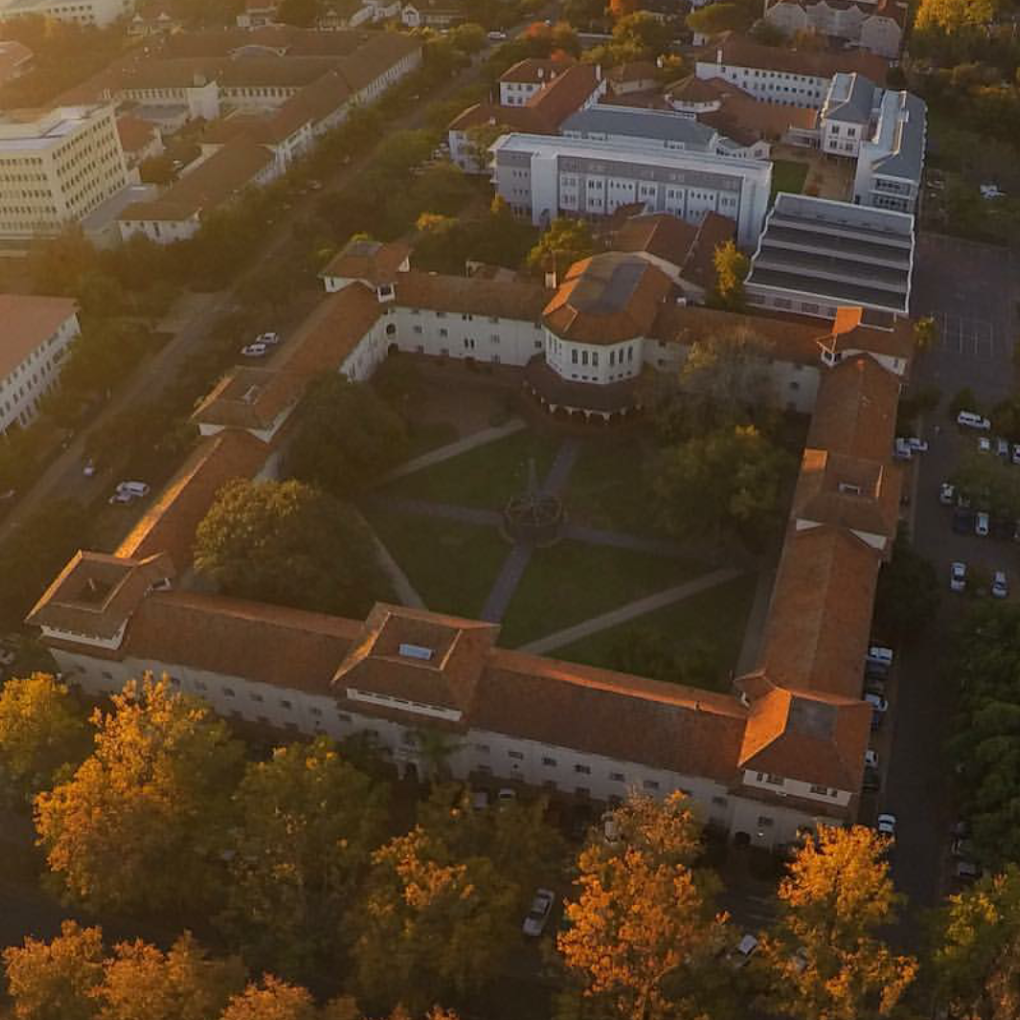 make the transition to living on your own as smooth as possible, it’s best to choose the best type of student accommodation for you.
make the transition to living on your own as smooth as possible, it’s best to choose the best type of student accommodation for you.
Thankfully, you’ve got quite a few options to choose from:
-
On-campus accommodation:
-
University residences which are often separated by gender, provide a close and supportive environment living in dormitories.
-
Off-campus accommodation:
-
Private residences are similar to university residences but offer a bit more freedom and flexibility.
-
Apartments are ideal for students who want to be close to campus but have complete independence with either a bachelor’s or 2-3 bedroom flat.
-
Houses or digs are a great way to be social but also have a bit more of your own space (and even a garden).
You can read more here about our student accommodation guides for Stellenbosch University and the University of Pretoria.
Study Abroad and Post-Graduate Opportunities
South African universities also present incredible opportunities to connect with international universities and travel abroad during your studies.
If you’re searching for an adventure during your studies and looking to make some international connections, here are some opportunities to consider:
-
Semester exchange: Spend either a semester or even a year at a partner institution, getting a fresh perspective, good connections and new cultural experiences.
-
Joint Degree: For selected postgraduate programs, you can enrol at two universities, one in South Africa and one overseas, spending time at each university and getting two qualifications at the same time.
The best part is that it’s fairly easy to get a bursary to cover all your expenses during your time abroad, depending on where you choose to go. This makes these once-in-a-lifetime opportunities accessible to all students.
Conclusion
There you have it! The complete guide to South Africa’s education system, from primary school, through high school and all the way to university and beyond!
With so many options at every level, it can make navigating education in South Africa a bit tricky. But it also means that you have every opportunity to craft your future into whatever you want it to be, with support and guidance at every step along the way.

